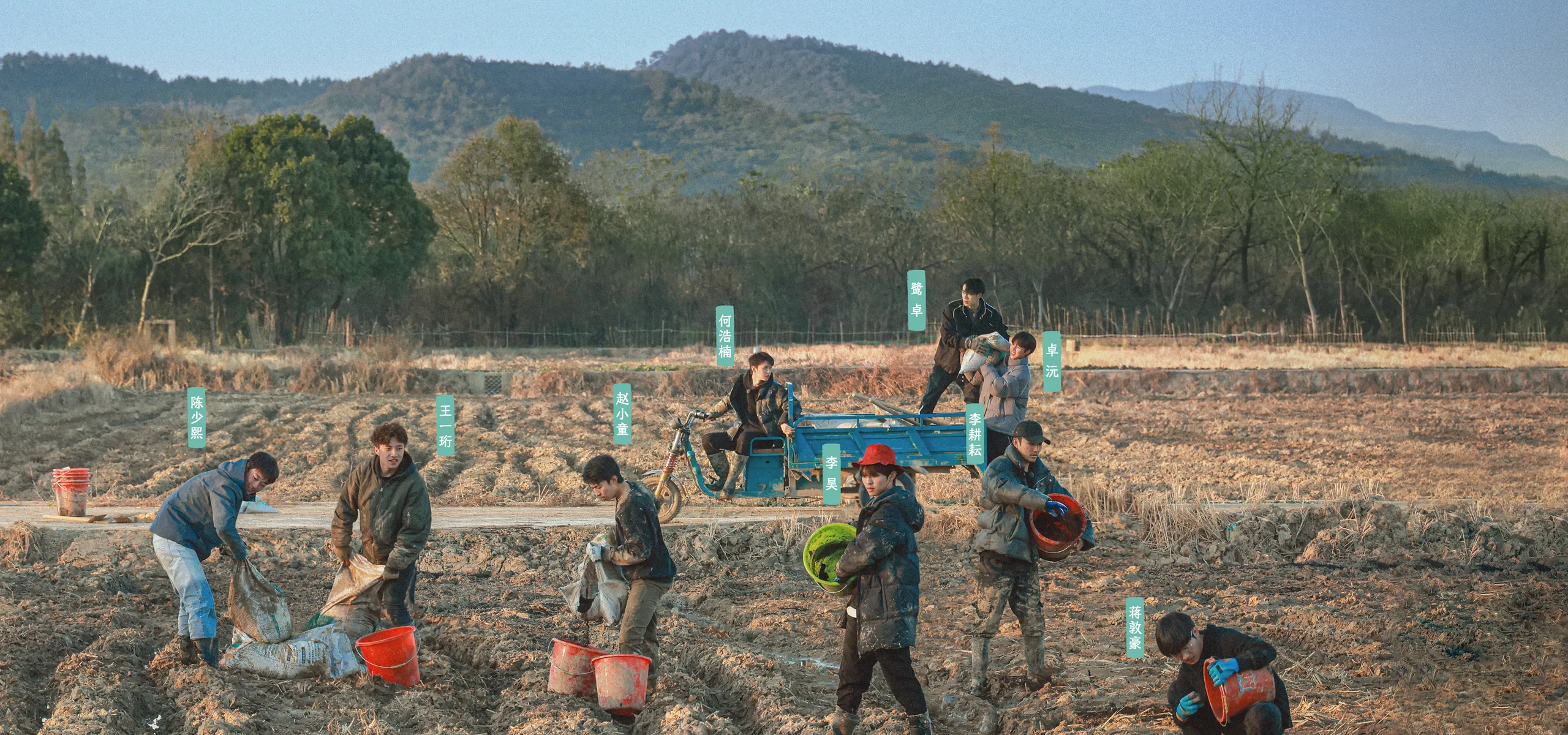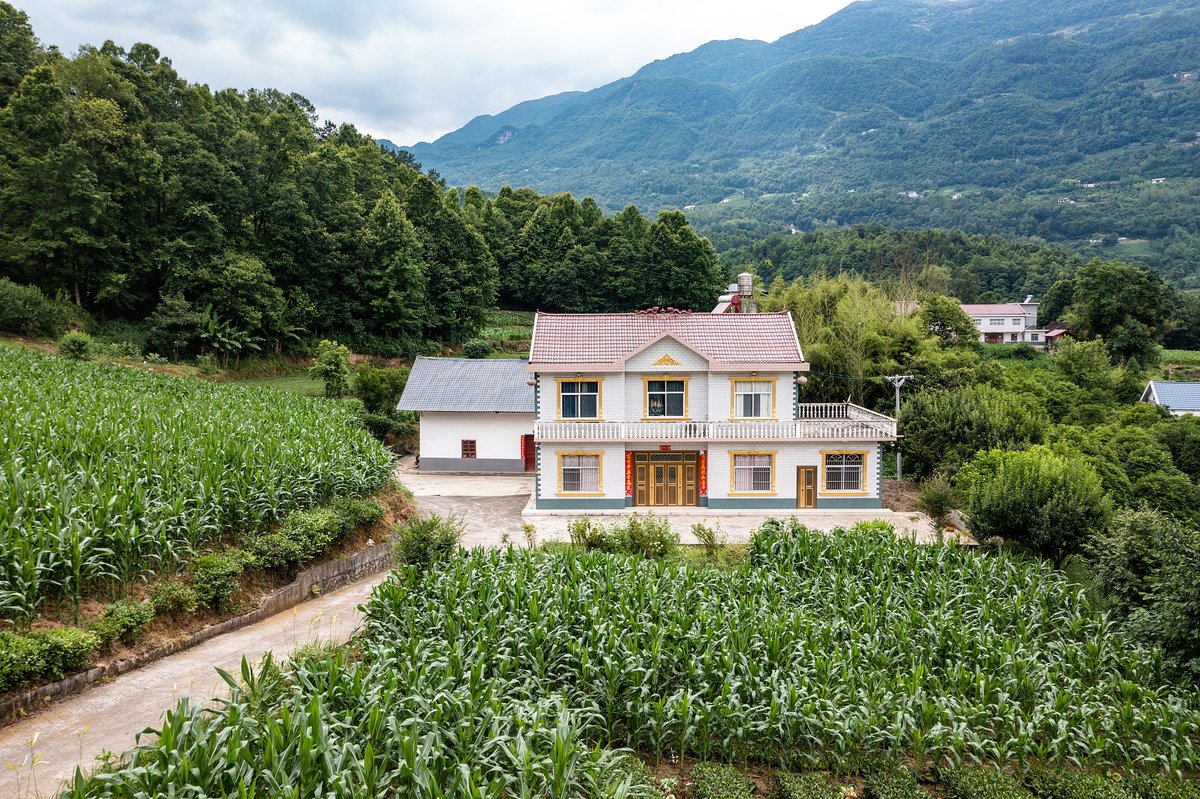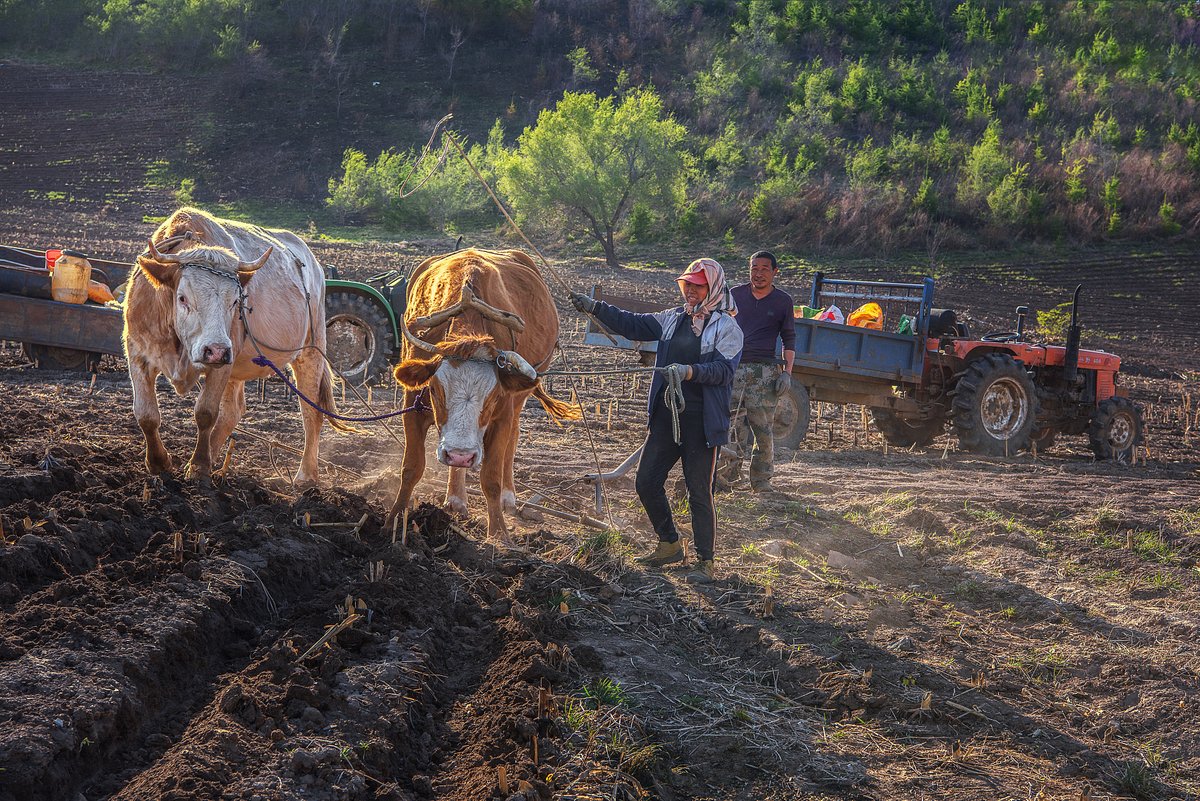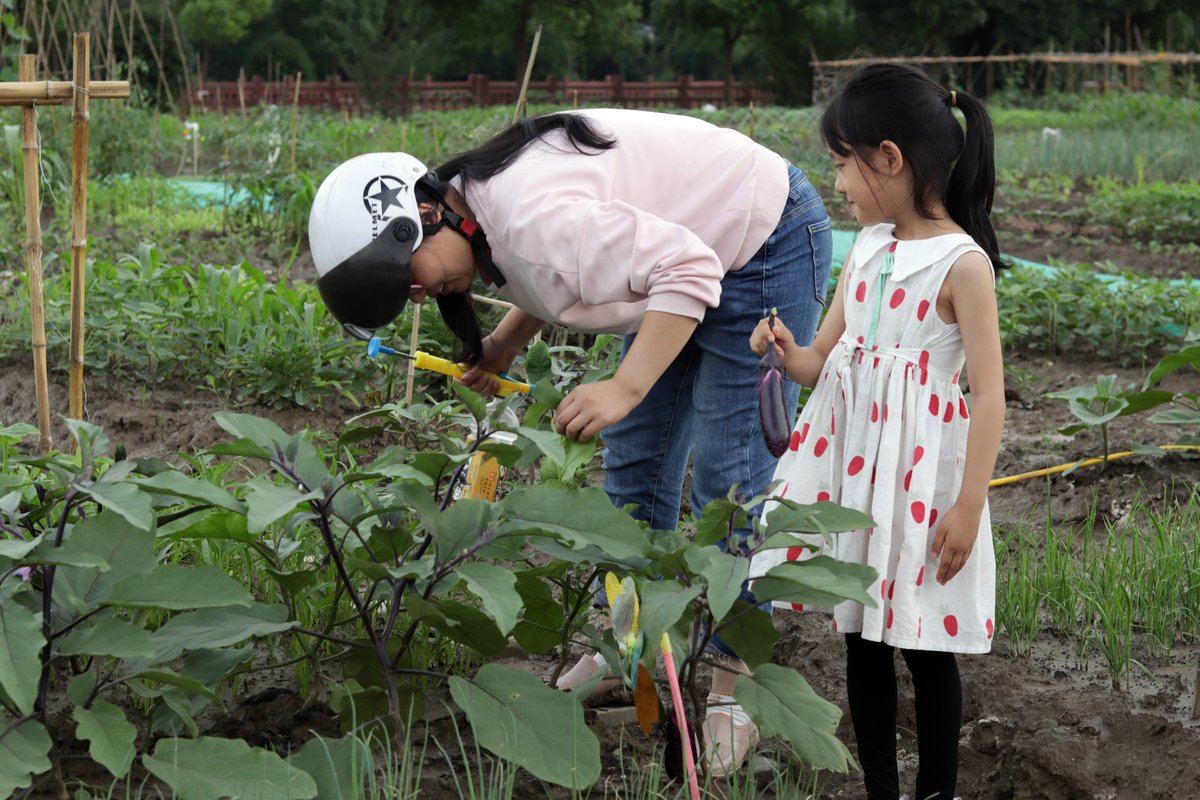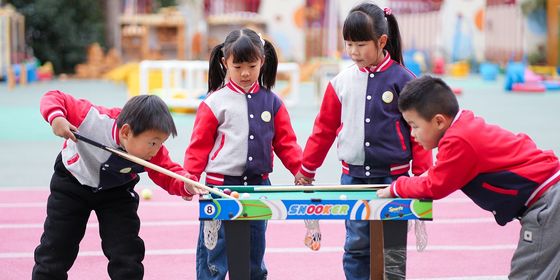As competition in cities increases, a small but growing contingent of Chinese youth are returning to the countryside to till the land and look for inner peace
In 2019, Tang Shuqi gave up her office job in Hangzhou, the cosmopolitan capital of Zhejiang province and home of tech giants like Alibaba and NetEase, to become a full-time farmer. Tang, now 28, has lived in the mountain village of Songyang in the province’s southwest ever since. Perched on a hill and surrounded by terraced fields reclaimed from the land, the village is an isolated idyll, in part because dirt roads to and from make transportation to nearby larger towns and cities slow and cumbersome.
Despite this inconvenience, it’s exactly what Tang wants. “In the countryside, I live a low-consumption, high-quality life,” Tang tells TWOC. “My boyfriend and I now only spend 2,000 yuan a month, but we [still] live with an endless supply of coffee and good food.”
After first volunteering at a farm in Songyang four years ago, Tang quickly became hooked on the satisfaction of planting and growing crops. Instead of heading back to the city, she refunded her return ticket and stayed on. Now, rather than sitting at a computer all day and paying thousands of yuan for a cramped apartment, Tang spends her time in the open air, tending her fields and resting in the 360-square-meter cottage that she rents for just 300 yuan per month.
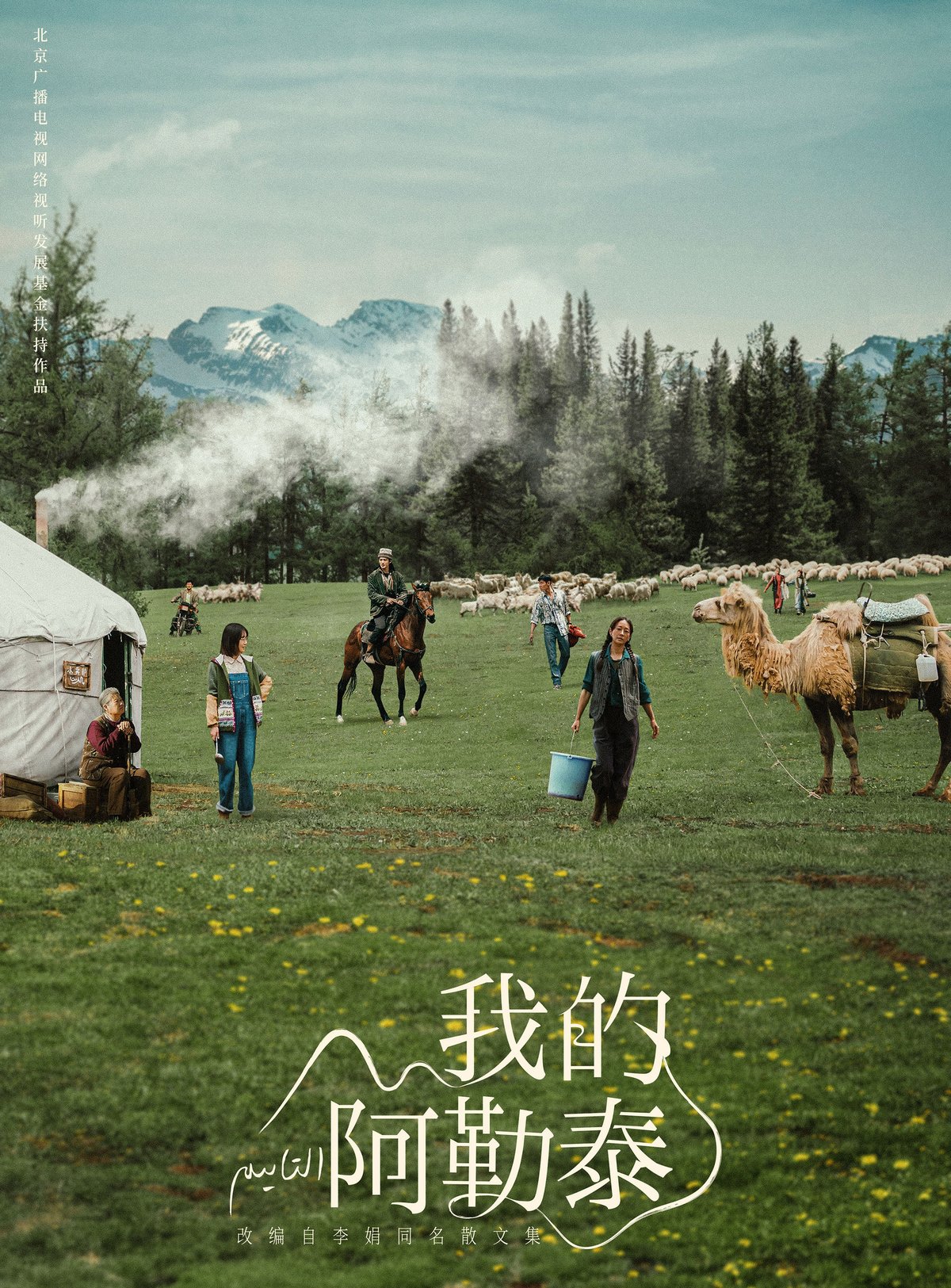
Adapted from celebrated author Li Juan’s memoir My Altay, the hit 2024 drama To the Wonder depicts rural life in Altay, Xinjiang, and has captured the imagination of many young viewers (poster of To the Wonder)
Fed up with long working hours, intense competition, and mediocre pay, many young people like Tang have increasingly rejected the hustle and bustle of city life and embraced the countryside’s modest, less frantic ways in recent years. This shift is seen as a part of the growing “lying flat culture” among China’s youth, in which they choose to quit “involuted environments” defined by repetitive tasks and endless competition, in favor of low-cost and self-sufficient living. Even though it might mean living without the convenience and entertainment of shopping malls, fancy restaurants and bars, and movie theaters, more are willing to forego materialistic consumption in search of a deeper sense of meaning.
There is evidence that this growing interest in rural life is being reflected in popular culture. For example, Become a Farmer, a 2023 reality TV show following 10 inexperienced young people as they try to run a farm, garnered 490 million views online within a year. The show’s second season, released in February 2024, reached the top spot on various rankings. Later in the year, the drama To the Wonder, which depicts rural life in Altay, Xinjiang, reached over 100 million views online within 10 days of its broadcast, topping the Maoyan Movie Platform’s TV drama popularity chart.
However, embracing rural life is not just about self-care. When young people, accustomed to urban living, opt to settle in the countryside, they must start from scratch, learn about agricultural practices, endure harsh living conditions, and even shoulder negative public opinion that sees them as engaging in work that deviates from traditional societal expectations.
From rural to urban, to rural
Over the past two decades, China’s urbanization rate increased from 36.2 percent in 2000 to 66.2 percent in 2023, and continues to climb. While millions have moved from the countryside to cities over the past four decades, a small but growing number of young people are now moving in the opposite direction.
“I used to think I was on track to get a decent job in the city. However, the work didn’t make me happy,” says Yu Xingxing, who left her well-paid job as a designer in Shenzhen, Guangdong province, to start farming in rural Hunan province. The 32-year-old’s typical day now involves watering plants, weeding, and fertilizing for three to five hours and then spending the rest of the day doing flexible online work such as running her farm’s social media account. Living in the countryside, her income has shrunk from over 10,000 yuan to just 3,000 yuan a month. “Farming alone cannot provide an adequate income, so I need to do some part-time work online to make money,” says Yu. Despite the drastic reduction in pay, she feels the choice was worth it. “Here, I think I’ve found the life I am looking for,” pointing to the satisfaction she gets from cultivating her own land.
Another attraction of the countryside is the low living costs. Tang rents her two-story cottage on a 20-year lease along with 2 mu (equal to 1,332 square meters) of adjoining land. “You could never get any apartment in the city for that low a price,” she tells TWOC. In the countryside, villagers usually build their own houses and grow crops for personal use rather than buying them. In addition, few shopping and entertainment centers mean that consumption is generally low in rural areas.
To promote rural development in China, the Chinese government launched the Rural Revitalization Strategy in 2017, aiming to improve living conditions in rural areas and increase rural incomes. The plan also includes a series of incentives like financial subsidies and housing to attract young people to invest and start businesses in rural areas and engage in agriculture and tourism activities. According to the Ministry of Agriculture and Rural Affairs, by the end of 2022, the number of entrepreneurs moving to rural areas had reached 12.2 million nationwide. By 2025, this number will exceed 15 million, according to the plan.
Not an escape
Rural living brings not only economic changes but also a significant shift in lifestyle. On the Chinese microblogging platform Weibo, the tag “Why do young people want to go home and farm” has been viewed over 337,000 times. Many joke that: “Potatoes won’t need me to be responsive 24/7, and corn won’t call me in the middle of the night to say it needs to produce two mangoes by tomorrow.”
But many find that life on the farm is not as bucolic as TV shows and social media tend to imply. They often leave out the relentless manual farm labor, constant mosquito harassment, and a lack of things to do.
“Sometimes I’m resting on the edge of the field, and tears roll down my face. It’s because I’m too exhausted,” Tang says. “When I went to borrow a hoe from the villagers, they might laugh at me for not even being tall enough to use it. They’re really heavy.”
When she first arrived in the village, Tang’s neighbors expressed doubts about her choice of taking up “the hard and tiring job” of being a farmer. However, as time passed, they gradually accepted her as a fellow villager. Earning the trust of their adopted local communities is an important part of making it for many of these young people. “The countryside has its own social rules. You need to build close relationships through reciprocity and mutual benefit, especially if you are an outsider,” Yu explains.
It also takes courage to turn away from a conventional white-collar urban lifestyle and pursue a life that most Chinese people have sought to leave behind over the last 50 years. “I’m 32 years old now, single, female. People think I should be married and be in the workplace at my age,” says Yu. “Especially since I have made no remarkable achievements in my career so far. These critical comments about my marital status and career make me anxious.”
Tang warns against young people rushing to the countryside without first understanding what farming life is like. “People these days feel that the pressure of city living is very high, and they all want to find an escape. But the countryside is not an escape. In fact, the life of a real farmer is very hard. The farmers in our village receive only a 200 to 300 yuan pension per month, and their medical insurance coverage is also very low,” Tang tells TWOC. “Like in every other job, being a good farmer also requires solid skills and a conscientious attitude.”
A compromise in urban shared farming
Those unwilling to leave their urban careers and lives behind are still finding ways to enjoy the pleasures of farming. Consequently, urban vegetable plots are starting to grow in popularity, and in some major cities, a new business model around shared farming has emerged. Here, people rent plots annually to grow vegetables and fruits, and some farms also offer management services, helping to tend the crops when renters are busy and notifying them when the produce is ready to be harvested.
Wang Huan, a 36-year-old in the manufacturing industry in Shanghai, began her “part-time career” as a farmer in April last year. She used to rent a 100-square-meter plot for 1,500 yuan a year, driving an hour each week to water her small crop of corn and tomatoes. “My weekend entertainment used to be going downtown. But after renting a vegetable patch, I like to put up a sunshade and sit by it all day drinking tea,” Wang says. “It’s very relaxing.”
As the prevalence of shared farms mushrooms, Wang has since found a plot much closer to her home, only taking five minutes to reach by car. “Now I always go there after work. Working requires interacting with people, which can be quite tiring. When you’re in contact with nature, nature doesn’t talk, and you don’t need to talk either; you just silently cultivate the land,” she says.
Liang Yu, a media studies graduate, rented a plot near her university with several classmates during university. “We considered the process of running a farm as entrepreneurship,” noting how they made their own organic fertilizer from sheep manure and even developed an app to track water and fertilization cycles. “Farming gives me a sense of gain and value that I don’t get in the workplace,” the 23-year-old tells TWOC. She still remembers when they harvested their first tomato, cutting it into five thin slices to share among themselves. “I realized then that fresh tomatoes could be so tasty, and I made up my mind that I would work in organic farming in the future,” she says.
While most of her classmates have since left the farm to enter the workplace, Liang continues to run the farm full-time, selling her organic fruit and vegetables in Shanghai.
“Chinese people have an inherent connection to farming in their genes. Our culture has gone through a long history of agrarian civilization,” Wang explains. “Many Chinese who move abroad still cultivate a small vegetable garden in front of their homes.”
Despite China’s unstoppable urbanization, people’s yearning for rural life and farming remains. In the face of pressure, urbanites are increasingly finding that by cultivating the land, they too can heal and grow.





